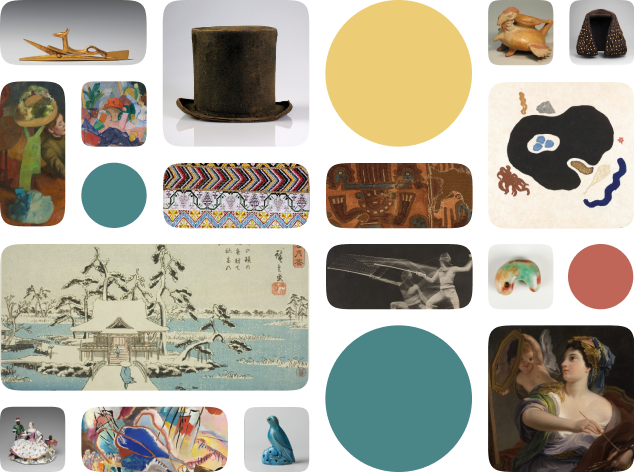Sword (Firangi)
Creator Name
Cultural Context
Date
Source
About the work
The word firangi means foreigner, and specifically Western European, in many Asian languages. It’s derived from the word Frank, indicating the Frankish rule of Western Europe during the Medieval period. Firangi swords are European blades, which Indian swordsmiths often fitted with local hilts. Portuguese colonists in South India, and then the British extending from the North, imported and traded blades. Local Indian swordsmiths also crafted their own versions of firangi blades. They often embellished imported blades as well. In this example, the gold and silver hilt is locally made. A local swordsmith has also inscribed the European blade with quotes from the Quran and other Islamic invocations of good luck. This form of using columns of religious calligraphy for good luck is called a talismanic scroll.
Metropolitan Museum of Art Object Description
Sword (Firangi)
Work details
"--" = no data available
Title
Creator
Worktype
Cultural Context
Material
Dimensions
Technique
--
Language
Date
Provenance
Style Period
--
Rights
Inscription
--
Location
Source
Subjects
Topic
Curationist Metadata Contributors
All Works in Curationist’s archives can be reproduced and used freely. How to attribute this Work:
Unknown, Sword (Firangi), 19th century. Metropolitan Museum of Art. The word firangi means foreigner, and specifically Western European, in many Asian languages. Firangi is also the name of this sword of mixed origins. Public Domain.
Help us improve this content!
Let our archivists know if you have something to add.
Save this work.
Start an account to add this work to your personal curated collection.
